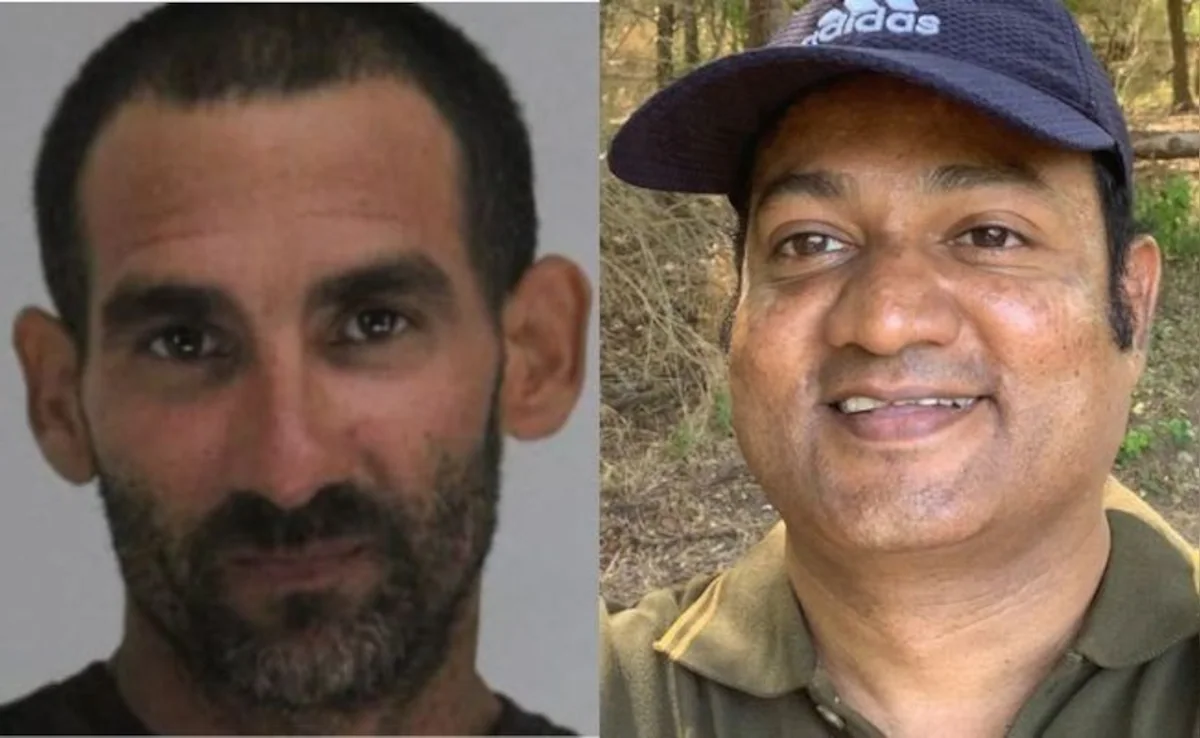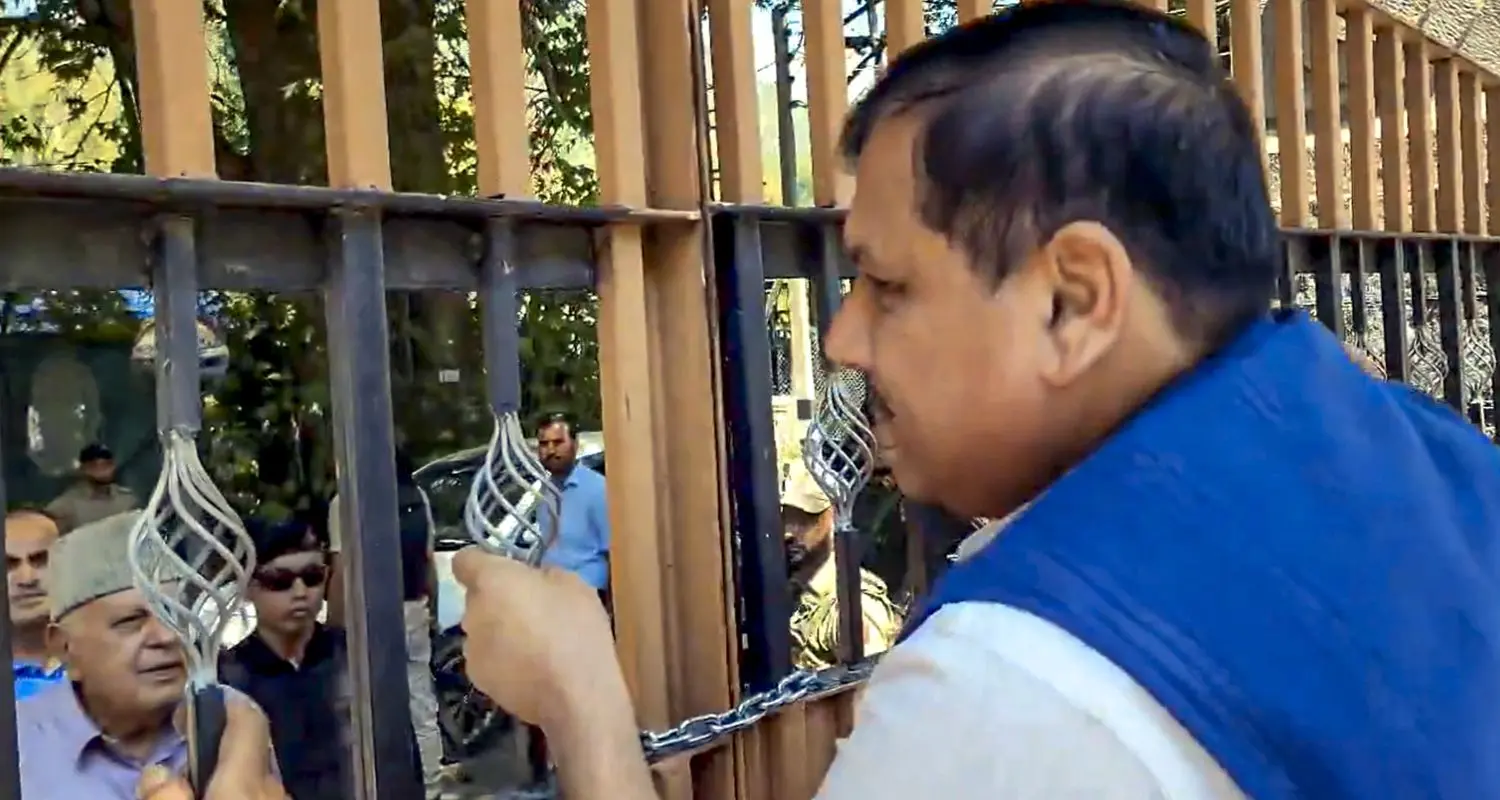Delhi began voting to elect the next government this morning. Votes will be counted three days later on February 11 following which the national capital will get a brand new government before the term of the 70-member assembly expires on February 22.
The high-decibel election campaign for the Delhi assembly polls, riddled with bitter and communal statements, concluded on Thursday with marathon public meetings and numerous roadshows by all the major parties.
The Arvind Kejriwal-led Aam Aadmi Party (AAP), which scored an eye-popping 67 out of 70 seats in 2015, is seeking an equally grand return.
The BJP, which sent only three MLAs to the Assembly the last time and hasn’t been in power in Delhi since 1998, is trying its best to wrest Delhi from the AAP.
The Congress, which drew a blank in 2015, is also hoping for a comeback. The party had previously been in power for 15 years between 1998 and 2013 under former Chief Minister Sheila Dikshit.
While the AAP has fielded candidates on all 70 seats, the BJP is contesting 67 and the Congress 66 seats. The BJP’s alliance partners Lok Janshakti Party and Janata Dal United are fighting on three seats whereas the Congress has formed an alliance with Lalu Yadav-led Rashtriya Janata Dal (RJD), which has a share of four seats.
In the 2015 polls, the AAP had secured 54.3 per cent of the vote share. The BJP managed 32.3 per cent and the Congress trailed with a meager 9.7 per cent.
Voting began at 8 am at about 13,750 polling stations across the city. All five polling stations in Shaheen Bagh have been declared “critical” by Delhi Chief Electoral Officer Ranbir Singh.
“I went to Shaheen Bagh and I did not find any obstruction in the proceeding of the election. There are 40 booths out of which five polling stations which have been tagged critical,” said Ranbir Singh.
Shaheen Bagh in South-east Delhi has made international headlines after it emerged as the epicenter of countrywide protests against the controversial Citizenship Amendment Act that its critics describe as anti-Muslim and against the secular character of the Constitution.
Hundreds of women along with children, men from the area have been camping on a road here ever since the citizenship law cleared both the houses in December. The BJP designed its poll campaign around the movement at Shaheen Bagh with several top leaders making shocking comments that were both communal and hurtful.
Elaborate security arrangements have been made for the smooth conduct of Delhi Assembly polls with the deployment of 190 companies of Central Armed Police Forces (CAPF), 19,000 Home Guards and 42,000 Delhi Police personnel.
A multi-layered security has been provided to 21 counting centres and 2,689 polling premises, of which 545 are “critical.”
The Delhi Metro started its services at 4 am today to facilitate the movement of polling staff to their designated duty locations.
There are 672 candidates in the fray in all 70 constituencies. Chief Minister Arvind Kejriwal is contesting from New Delhi while Deputy CM Manish Sisodia is fighting from Patparganj.
However, of these 672 contenders, only 79 (or 11.75%) women. The three big parties – AAP, BJP and Congress – have together fielded only 24 women.
To break it down, the AAP has fielded nine women candidates, the BJP five and the Congress 10.
A total of 1,46,92,136 people — 80,55,686 men, 66,35,635 women and 815 belonging to the third gender – feature in the final voters’ list of Delhi. It also means 824 of the 1,000 voters in Delhi are women.
More than 132 centenarian voters are eligible to vote — 68 men and 64 women. The highest number of centenarians, 21, was found in West Delhi district and the lowest, 7, in New Delhi district.
The Election Commission has restricted media to conduct or publish any exit poll between 8 am to 6.30 pm today. But exit polls are expected as soon as the voting ends.


 India News17 hours ago
India News17 hours ago
 India News16 hours ago
India News16 hours ago
 India News6 hours ago
India News6 hours ago
 Cricket news6 hours ago
Cricket news6 hours ago
 India News5 hours ago
India News5 hours ago















